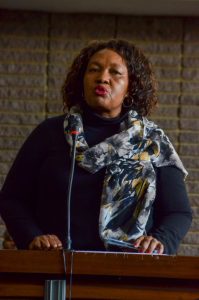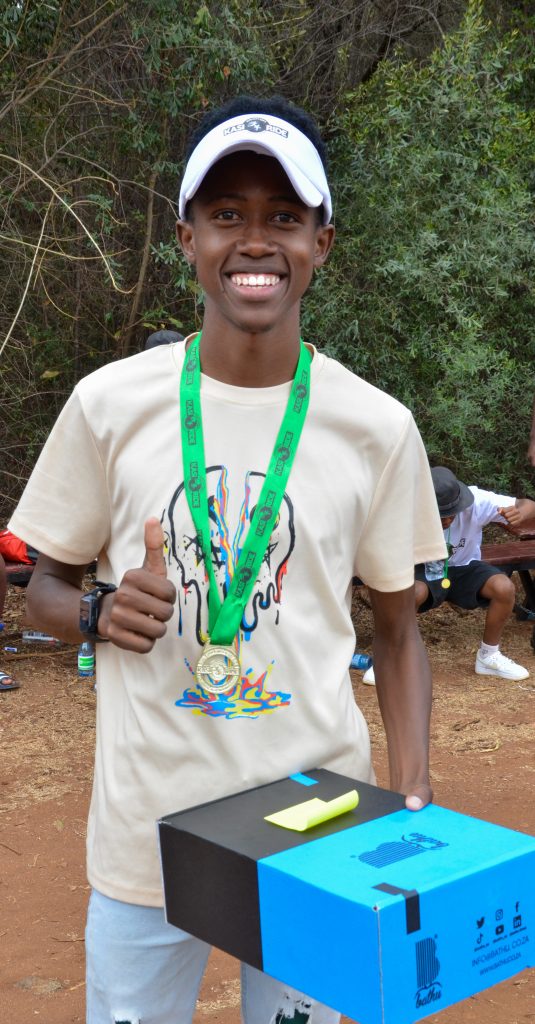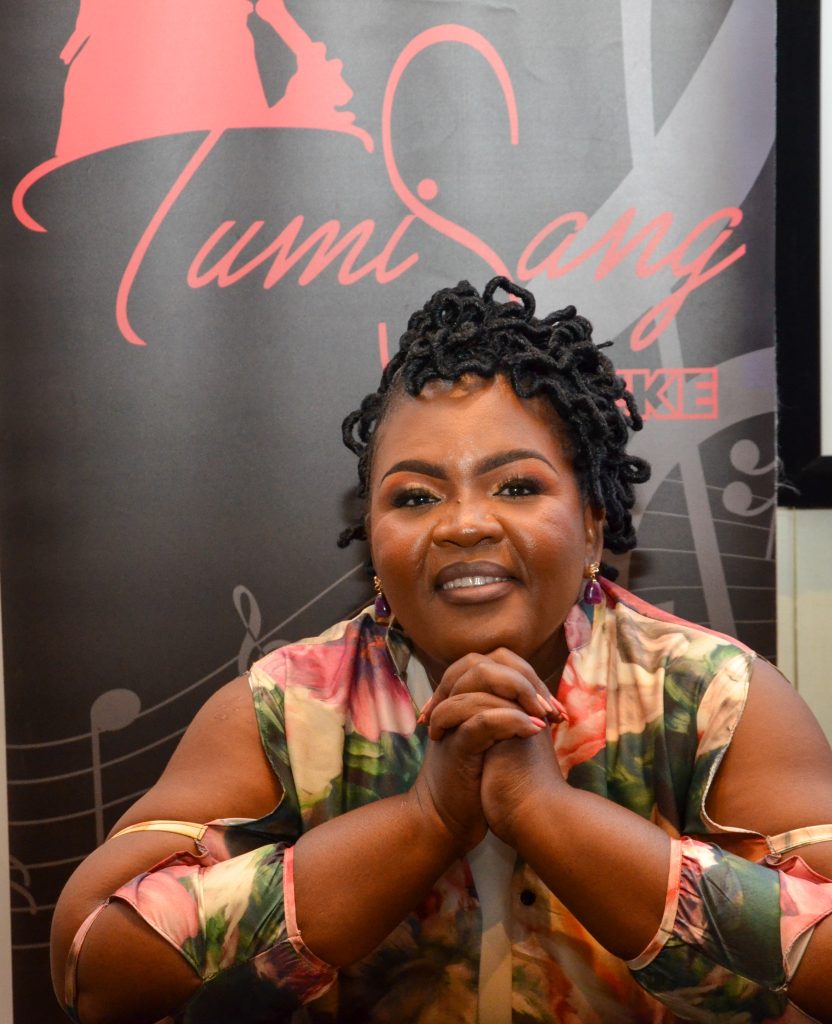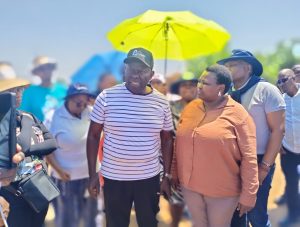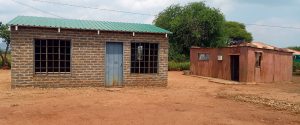
THE G20 Financial Inclusion and Women Empowerment Conference 2025 currently underway at the Sun City Resort, in North West Province.
The conference hosted by the Department of Women, Youth and Persons with Disabilities (DWYPD) is taking place from 6 to 9 May 2025, bringing together the 2nd Empowerment of Women Working Group (EWWG) and the Financial Inclusion Conference under South Africa’s G20 Presidency. Building on the outcomes of Brazil’s 2024 Financial Inclusion and Women’s Empowerment Conference, this year’s gathering aims to influence future G20 policy through the introduction of a Guidelines Framework for Mainstreaming Women’s Priorities, ensuring women’s financial empowerment remains central to global institutional and economic reforms.The initiative aligns with South Africa’s G20 Presidency priorities, including the EWWG Priority 2: Promoting the Financial Inclusion of and for Women. It also supports global and continental development agendas, including the United Nations Sustainable Development Goals (SDGs), the African Union Agenda 2063, and South Africa’s own National Development Plan (NDP) 2030.
Minister in the Presidency responsible for Women, Youth and Persons with Disabilities, Sindisiwe Chikunga, has raised concern over the persistent gendered socio-economic gap, which remains both “untenable and unsustainable.”In her opening address, Chikunga said poverty continues to rob women and girls of essential services, including healthcare and education, and their exclusion from socio-economic opportunities throughout their lives.“As a result, women continue to be underrepresented in economic decision-making positions. They have limited access to credit and capital, face discrimination in employment, earn less, shoulder disproportionate unpaid care responsibilities, and lag behind in digital financial access.”
“Even in areas where women’s labour force participation has peaked, their work often takes the form of self-employment in the informal sector with no security and limited opportunities for growth. Here on the continent, parts of the Global South and beyond, the majority of women are either unemployed, under employed, or mostly vulnerably employed,” Chikunga said.
The Minister also noted that women who pursue entrepreneurship are often reduced to the informal sector, with limited access to capital and other formal financial services.“They are hindered by the lack of essential skills to effectively manage and sustain businesses, and take advantage of available financial services, products, and other existing business opportunities. Only a handful of financial institutions understand the unique needs of women enough to provide them with relevant products and services that adequately respond to these needs,” she said.
Chikunga also raised concern about the delay in achieving Sustainable Development Goal 5, which aims to achieve gender equality and empower all women and girls and is among the 37% of the Sustainable Development Goals (SDGs) targets that will not be met by 2030.
She further warned that ongoing debt pressures carry the potential to push millions more women into extreme poverty, particularly as debt servicing costs continue to divert resources away from education, health, and other public goods.
